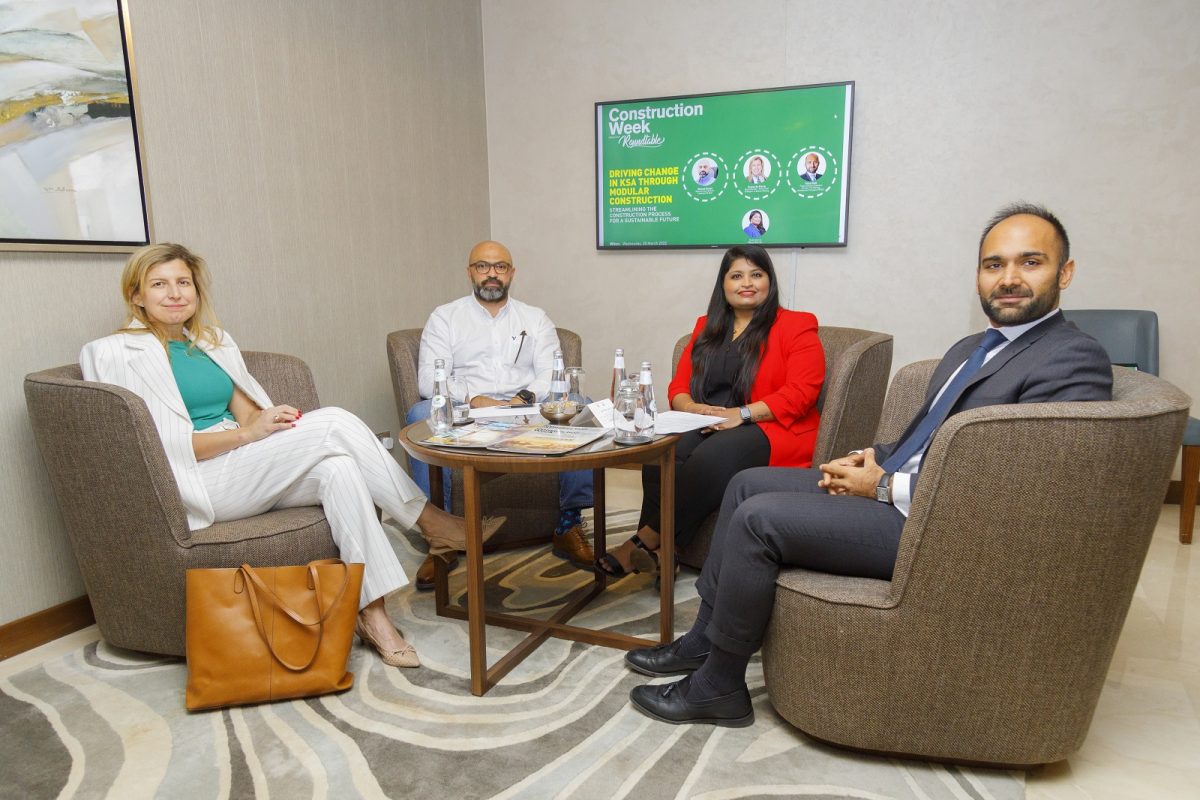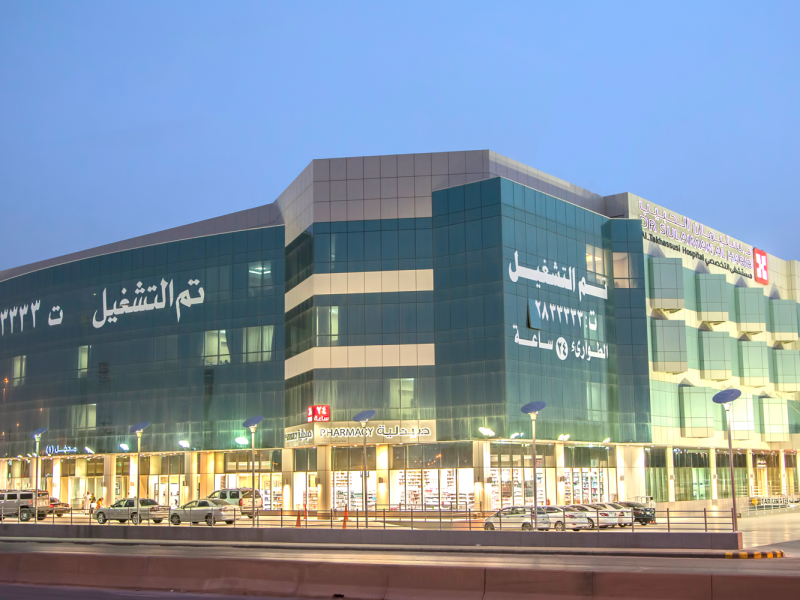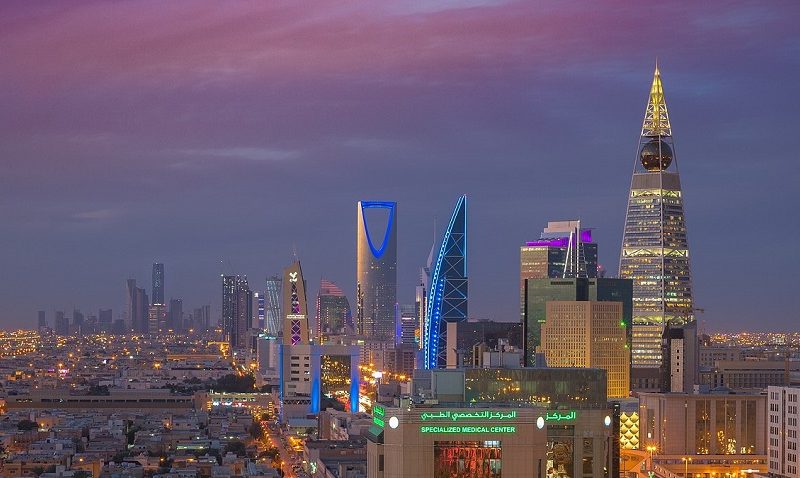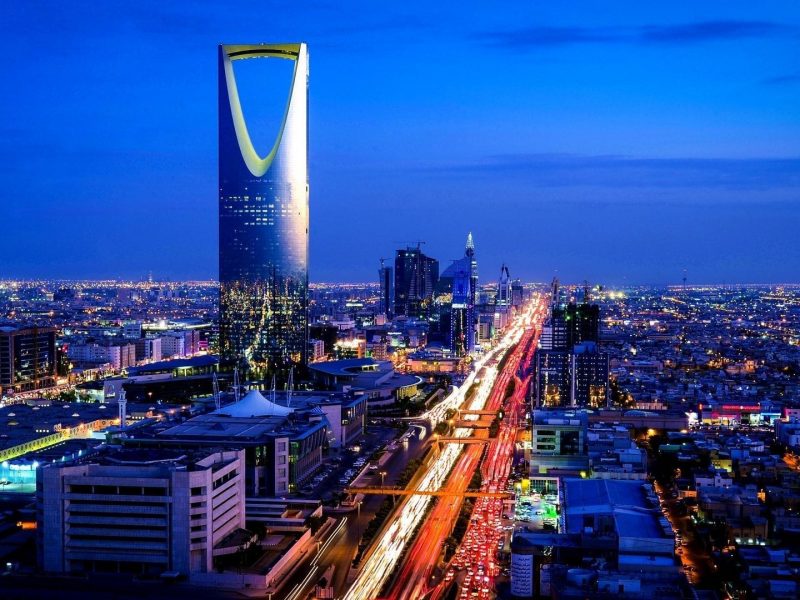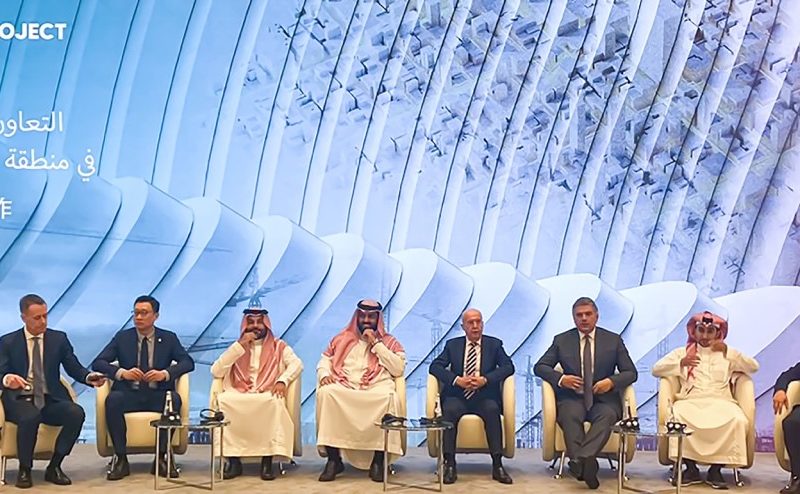The Crown Prince of Saudi Arabia, Mohammed bin Salman bin Abdulaziz Al Saud, who is also the First Deputy Prime Minister and the Chairman of the National Development Fund (NDF), has instructed the NDF to inject $151.9bn (SAR 570bn) to catalyse the kingdom’s GDP growth.
The NDF will support the kingdom’s development objectives and Vision 2030 initiatives by securing liquidity for development funds and banks, in addition to enabling the achievement of a sustainable business model. The kingdom has proved the scale of its goals as development accelerates, and multibillion-dollar gigaprojects such as The Red Sea Project, Qiddiya, Diriyah Gate, AMAALA, ROSHN, Al-Ula, and NEOM, among others, are taking shape.
Simultaneously, businesses have started to invest in the kingdom and assist in the development of modern and innovative construction techniques to deliver the projects of the future more efficiently and effectively.
Efficiently and effectively – two keywords that carried a lot of weight at Construction Week Middle East’s round table in Riyadh, Saudi Arabia, hosted on 30 March 2022.
Moderated by Ranju Warrier, the editor of Construction Week Middle East, the roundtable discussion titled ‘Driving Change in KSA through Modular Construction’ focused on streamlining the construction process for a sustainable future.
Eminent speakers, Waleed Khaled, regional sales director of Losberger De Boer; Helena De Flaviis, group chief strategist and board member of Al Bawani Holding; and Faisal Butt, executive director – Project Deliver at The Red Sea Development Company (TRSDC), participated in the one-hour long engaging discussion.
Khaled is an experienced, hands-on operations executive with over two decades of experience, of which 14 years have been spent in the UAE. He is adept at identifying opportunities, developing business and executing projects.
Meanwhile, De Flaviis possesses an extensive track record in new enterprises and joint ventures establishment, business origination, and growth, including M&A, complex commercial transactions & negotiations, and leading the development/implementation of business growth strategies and complex business transformation and reorganisation/corporatisation programs.
The third speaker of the day, Butt leads and oversees TRSDC’s project governance and compliance, project controls, quality management, reporting, project risk management, and project management information systems.
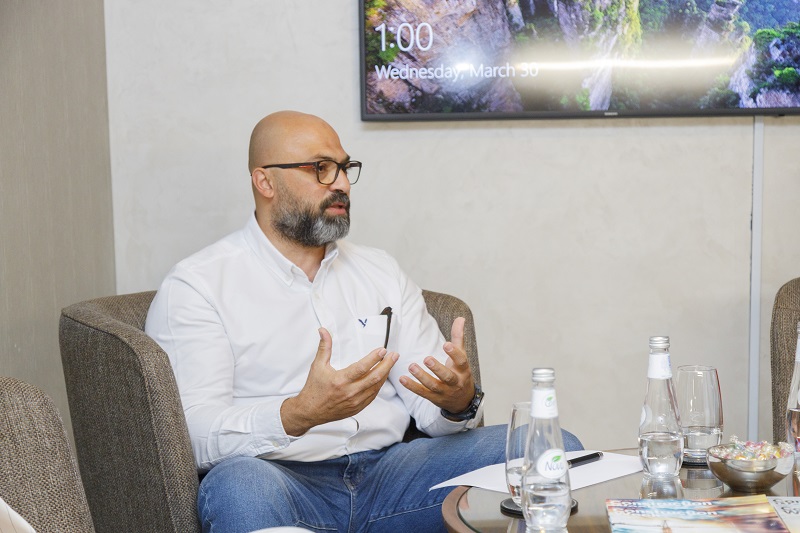
Beginning the conversation, Khaled noted that modular construction is not a new industry, but significant projects happening in the kingdom have elevated modular construction from a simple component to a concept that can now build complex projects such as hi-rise buildings and more extensive facilities such as hospitals and schools.
“It now has different approaches that can serve different purposes and activations and can be used to build on a temporary, semi-permanent, or even permanent basis. The privilege is being able to build off-site and maintain a clean site that has less wastage and is not labour intensive. All of this reflects on the projects.”
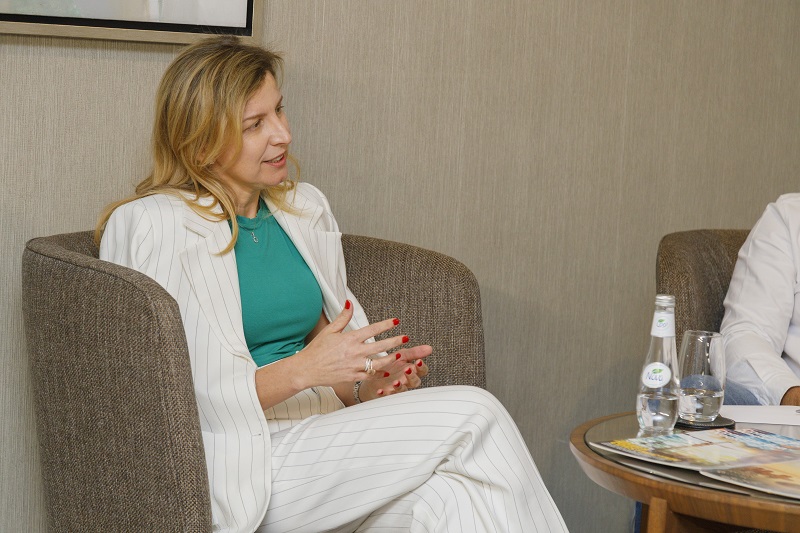
Al Bawani Holding
Elaborating from a contractor’s point of view, De Flaviis commented that their primary focus is on elements of modular construction rather than modular in the full sense of the word.
“We are looking at MEP pre-fabrication and even concrete-precast; in fact, back in 2015, Al Bawani delivered to the Ministry of Education, 44 schools using precast, and now we are working on almost 60 schools between Mecca and Jeddah.
Meanwhile, Waleed pointed out that implementation of modular construction is at 30%, currently. He added that modular construction is not to replace conventional construction, but to act as a pillar to any project or infrastructure, complementing traditional construction, in terms of practicality, fast deliveries, ROIs, and sustainability.
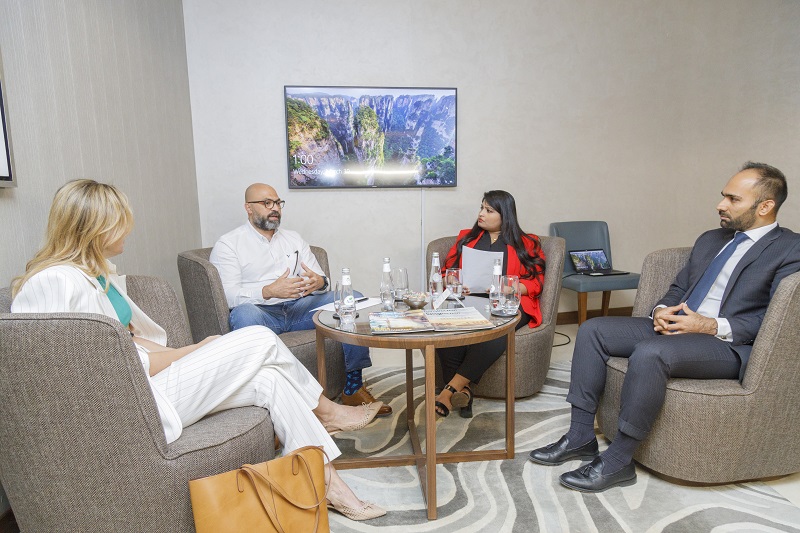
Modular construction helps decrease construction waste
Speaking on behalf of TRSDC, Butt confirmed that when the developer decided to go the modular way, it helped them decrease 30% to 40% construction waste compared to the traditional route for Coastal Village – which is one of the largest developments in The Red Sea Project’s phase one in terms of floor area.
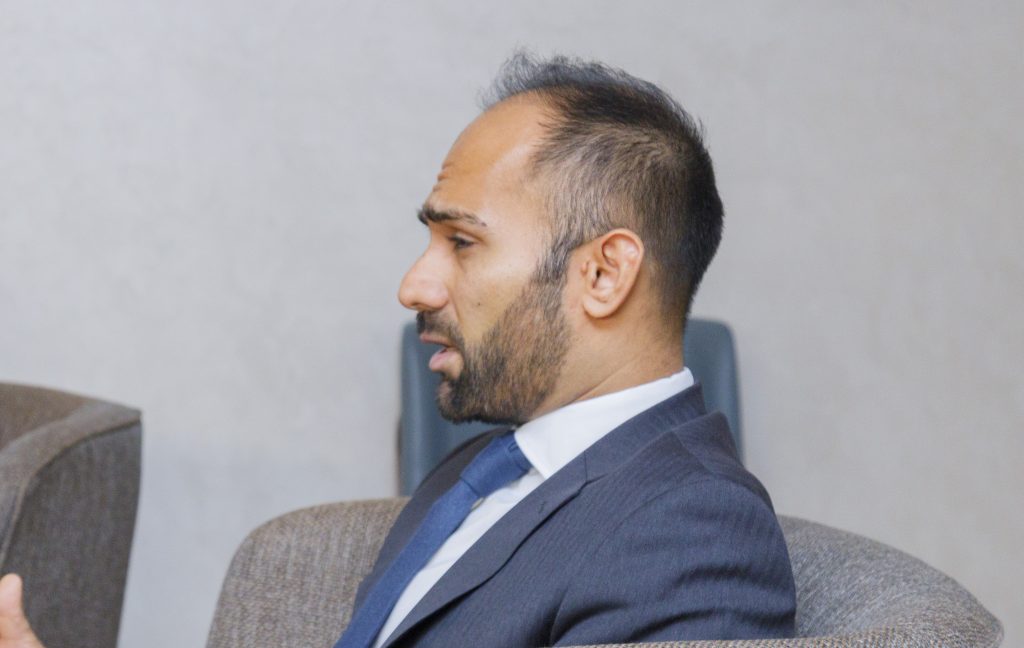
“When we started partnering with a local contractor, most of our logistics and lead time issues were resolved. We tackled design in a way to make sure that modular guidelines are put together and developed within the design.”
The discussion ended with parties agreeing that while baby steps are being taken to incorporate modular construction within traditional ways of design and building, it is essential to take bigger steps.
On a concluding note, Butt said: “I think it’s only a matter of time for the ecosystem – people like us – to start thinking about investments within the country in terms of infrastructure and human capital. The collective responsibility is to make sure that it’s developed in the kingdom and that we bring in the talent, technology and infrastructure to do so; then there is no question we will make big leaps in this direction.”

